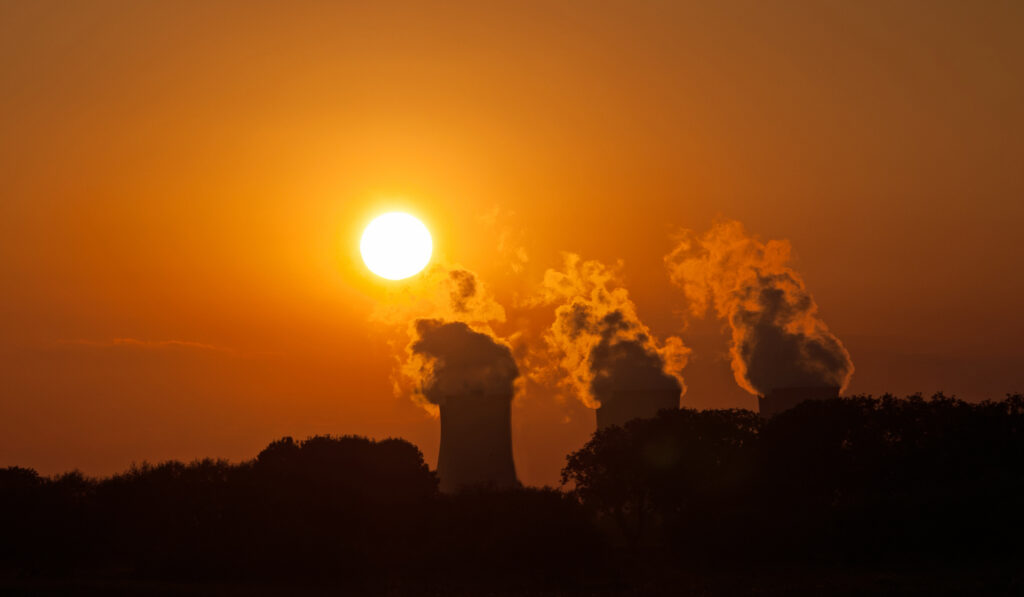The UK has maintained its presence among the leaders of PricewaterhouseCoopers’ Low Carbon Economy Index for 2016 alongside the US and China despite global decarbonisation falling just below targets agreed at last year’s COP21.
The PwC Index – updated each year – tallies global economies and their decarbonisation efforts against each other, presenting the figures in a carbon intensity score which measures GDP against carbon emissions. The UK’s carbon intensity fell by 6% in 2015, just below China’s score of 6.4%, with both economies benefitting from tumbling coal use.
The Index shows that while coal consumption in the UK has fallen by more than 20% year-on-year, changes in the UK economy have also been an important factor towards its decarbonisation.
PwC stated that more than 80% of UK jobs are now within its growing services sector, with manufacturing output falling in 2015 after remaining flat for the previous four years. This migration to less carbon-intensive industries – on top of a 31% increase in renewables generation – has aided the UK’s carbon intensity significantly.
But the global economy has failed to meet the minimum requirement for decarbonisation as set out under the Paris Agreement, reached at COP21 in December last year.
To achieve those targets moving forward, the global economy is required to decarbonise by at least 3% each year, requiring a small increase from the 2.8% achieved throughout 2015. However, the figure is also less than half the decarbonisation required to stay within the more ambitious ‘2 Degrees’ target of 6%.
Italy, Saudi Arabia and Brazil are amongst the main offenders, with the three countries seeing their carbon intensities rise by 4.7%, 1.1% and 0.8% respectively.
PwC said its Index showed the “rapid transition” that is needed by businesses for countries to meet their INDC targets.
“This transition presents high probability, high impact risks to the financial performance of companies as well as to the returns expected by their investors and lenders,” it said.
John Grant, sustainability and climate change director at PwC, added: “The issue for business is simply one of how to deal with risk. How do they react to a disrupted supply chain; changes to policy or regulation like carbon pricing; changing consumer preferences; financing long term infrastructure projects; or unpredictable extremes of weather? This is a checklist for effective risk management in the post-Paris era.”
Richard Black, director at the Energy and Climate Intelligence Unit, said the results were promising.
“This analysis shows once again that economic growth and carbon emissions are not inextricably linked. Over the last year the global economy has grown by about 2.5% but in major economies at least, that’s exceeded by the rate of decarbonisation,” he added.






